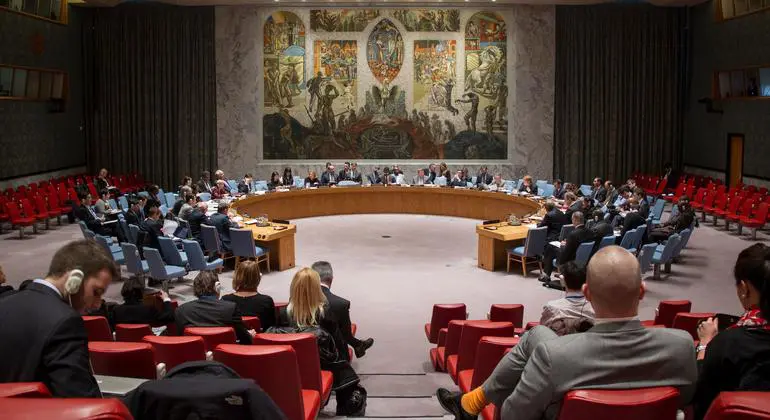Vienna (Austria) – 13 October 2021. The global pandemic has vastly increased vulnerabilities to human trafficking and of trafficked victims. Traffickers prey upon the marginalized and impoverished. Evidence shared by States with UNODC indicate that in most cases, victims are targeted because of economic need. We need concerted action to address these needs in the affected societies. To help governments respond to these challenges, UNODC, on 11 October 2021, launched the Compendium of Promising Practices on Public-Private Partnerships (PPPs) to Prevent and Counter Trafficking in Persons. The dedicated event showcased insights and recommendations drawing from the cooperation of governments and private sector entities in countering this heinous crime.
PPPs in the supply chains, financial and technology sectors
The global nature of supply chains and their multi-layer character make traceability often very difficult within a supply chain and governments as well as companies may not realise that human trafficking is occurring and deeply embedded within it. For this reason, organisations must take all steps necessary to fully understand how the goods and services that form part of their supply chain operate.
On the other hand, the financial sector can play an important role in supporting authorities’ effective investigation and prosecution of human trafficking through the provision of financial data, particularly relevant as human trafficking is to be framed, in line with the UNTOC provisions, as a predicate offence for money laundering.
Furthermore, technology has been identified as a valuable tool to address the crime, for example, it can be utilised to create unique and innovative solutions to trafficking in persons. At the same time, technology enables the crime and can be a facilitating tool for traffickers throughout the entire trafficking process. The Compendium highlights promising practices in the supply chains, financial and technology sectors as they pertain to preventing and countering trafficking in persons. It also presents lessons learned and recommendations on PPPs.
H.E. Gotz Volker Carl Schmidt-Bremme, Permanent Representative of the Government of the Federal Republic of Germany to the United Nations in Vienna stressed that bringing together civil society, public and business sectors is a promising and viable solution that should be promoted in efforts to address trafficking in persons. He suggested to use ‘naming and faming’ instead of ‘naming, blaming and shaming’ and to find those good examples setting the benchmarks for future cooperation.
Jean-Luc Lemahieu, Director of the Division for Policy Analysis and Public Affairs at UNODC, emphasized that successfully combatting trafficking in persons requires a multi-stakeholder and multi-strategy response with a “people-centered PPP” approach that focuses on addressing root causes of human trafficking as part of systemic solutions pursued in solidarity and partnership.
Lucienne Manton, Ambassador for People Smuggling and Human Trafficking, Bali Process on People Smuggling, Trafficking in Persons and other related Transnational Crime Senior Official Co-Chair, highlighted that partnerships and collaboration between business, government and civil society are key to combating human trafficking.
The event also featured representatives of the private sector who shared their experience for the development of the Compendium. These speakers presented specific PPP initiatives such as PhotoDNA by Microsoft and Project Shadow by Scotiabank.
The development of the Compendium was made possible thanks to the financial support of the Government of the Federal Republic of Germany.






